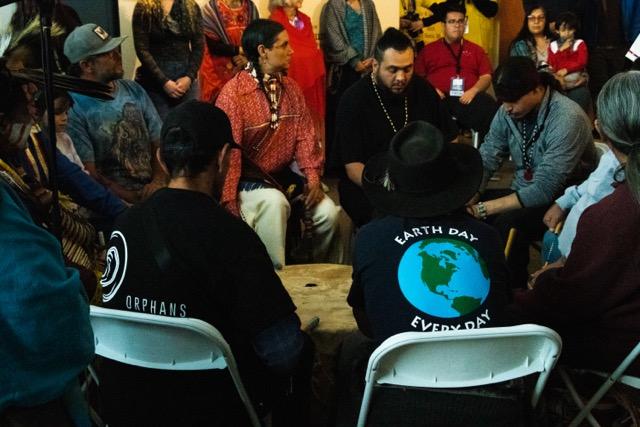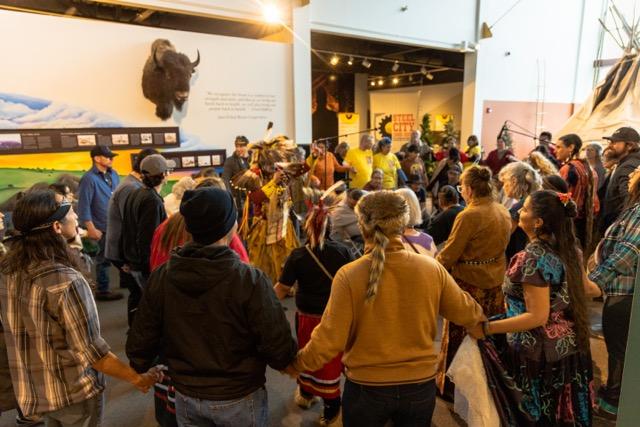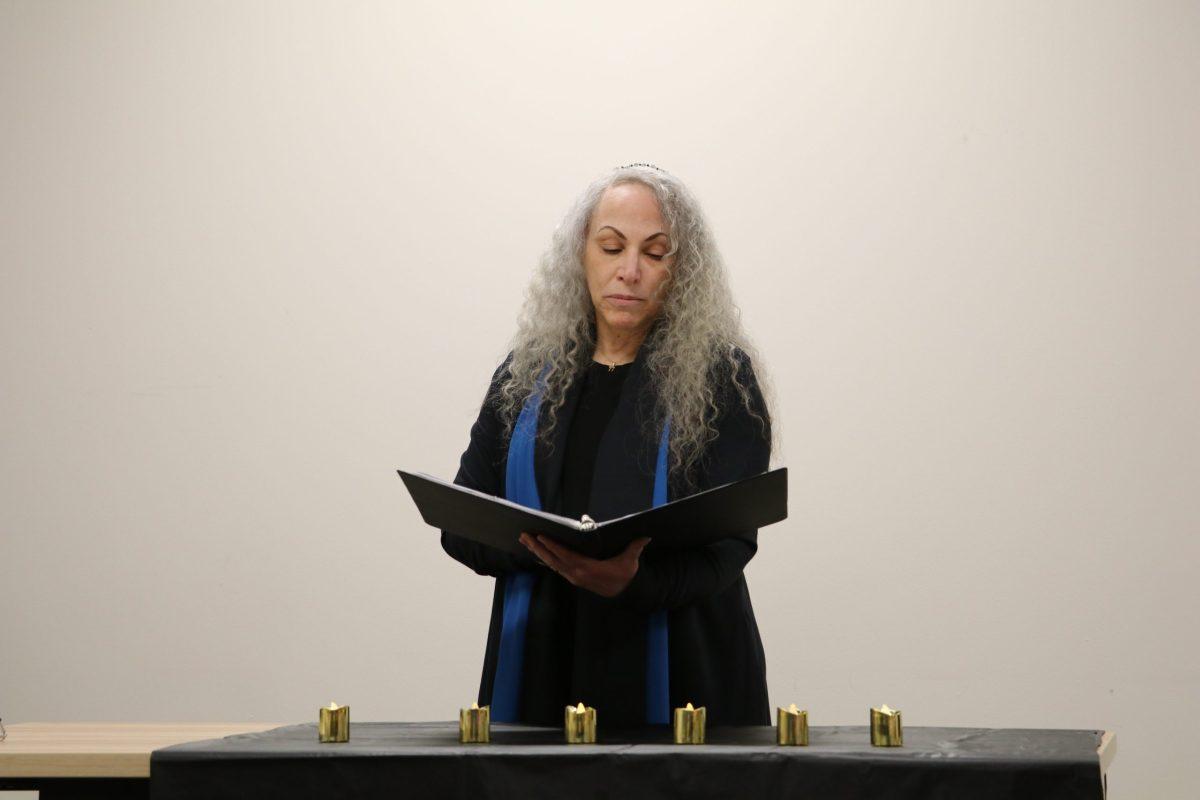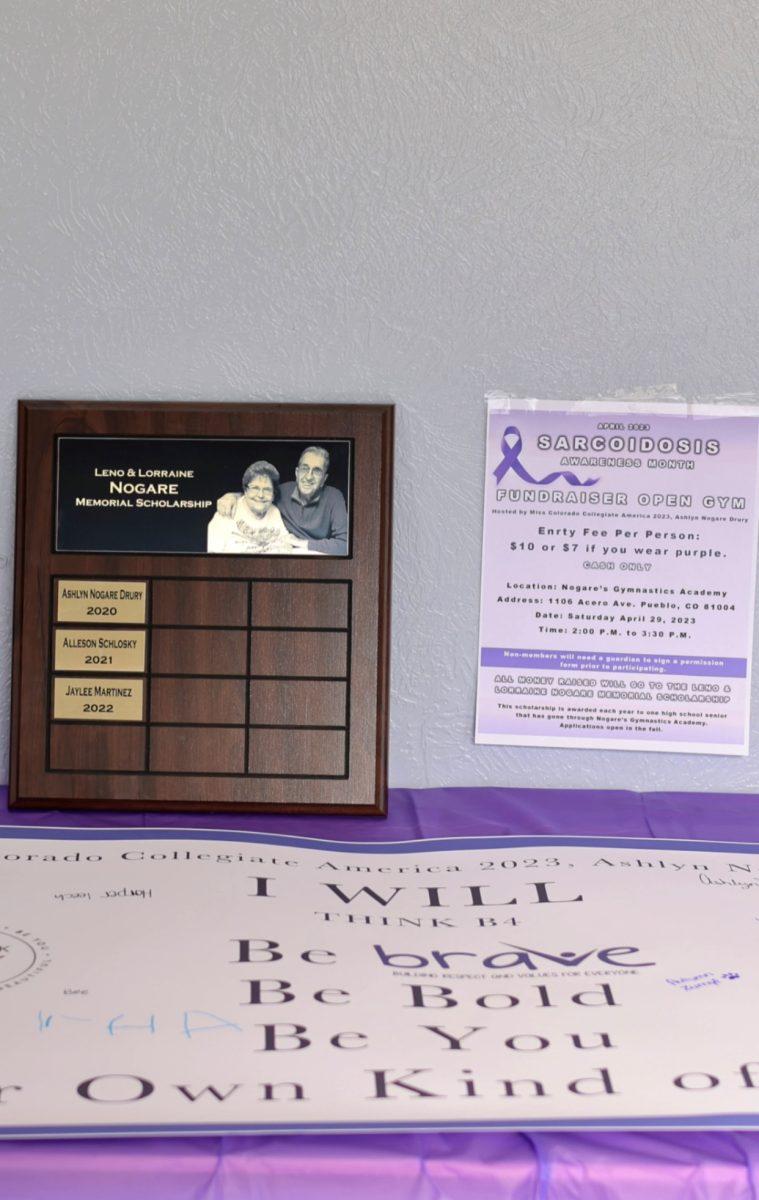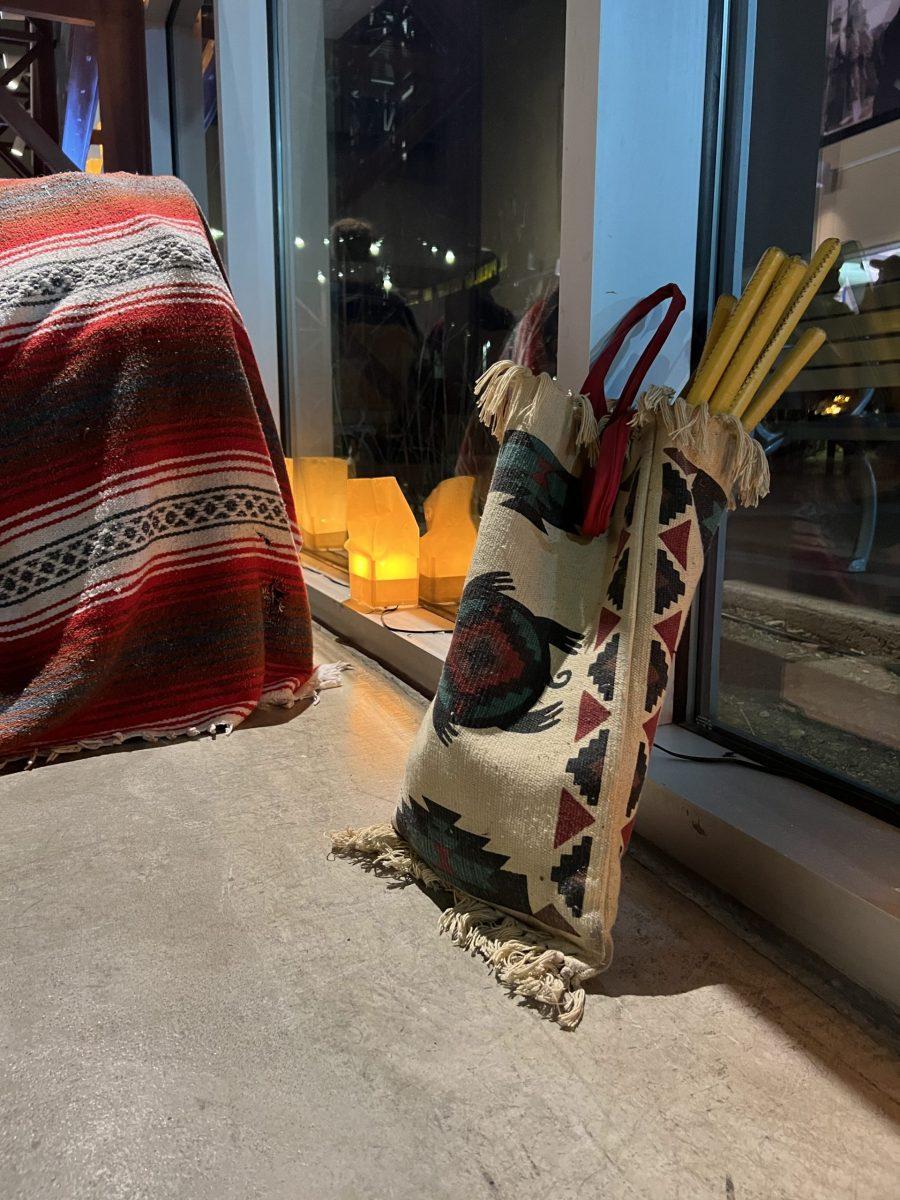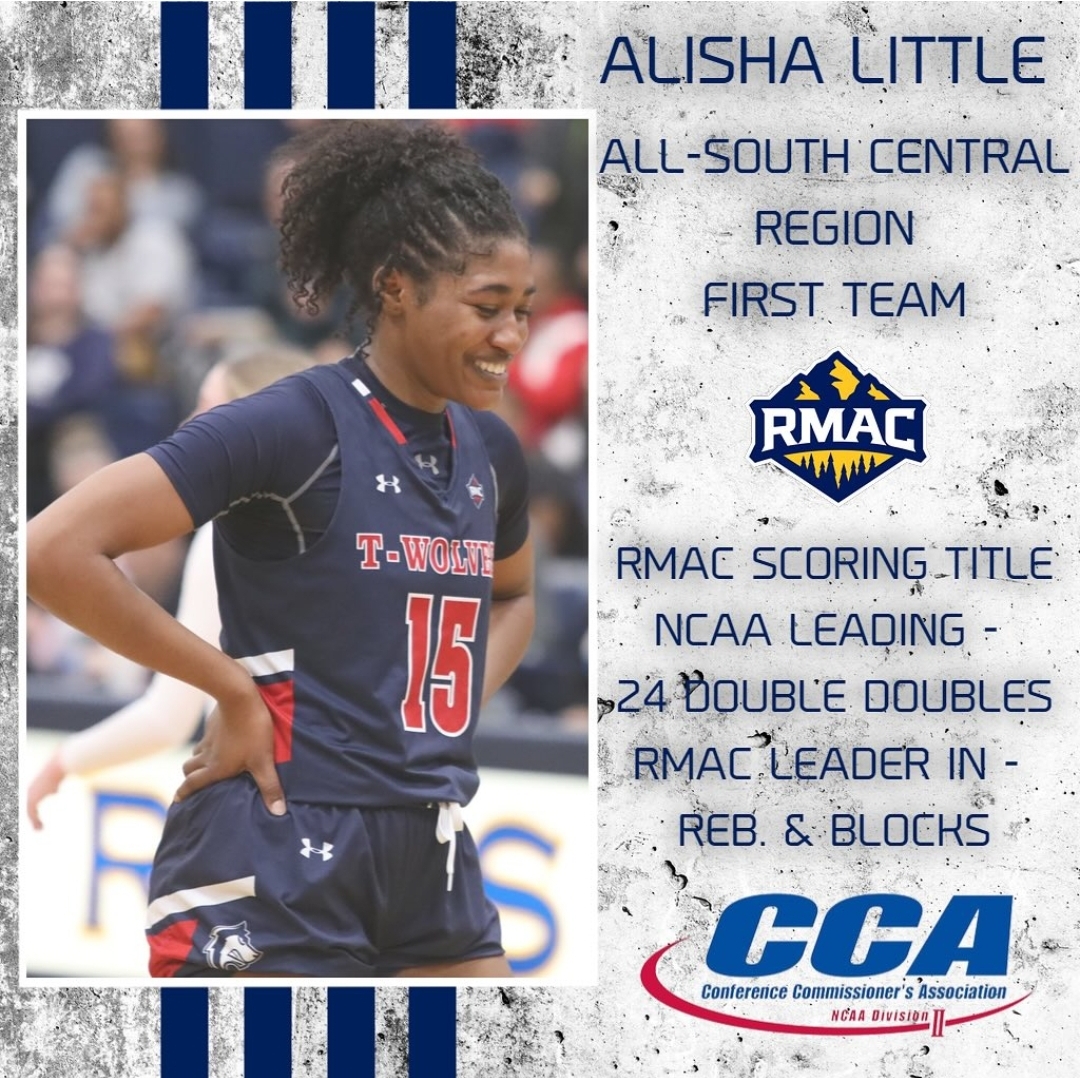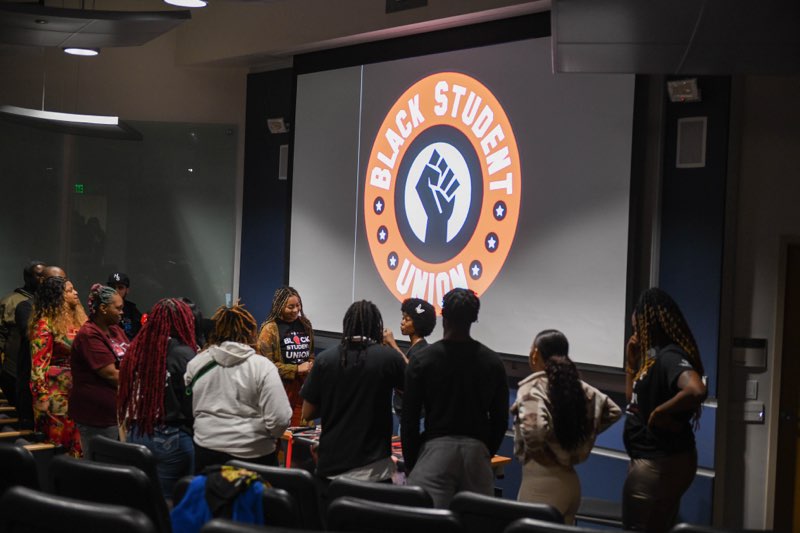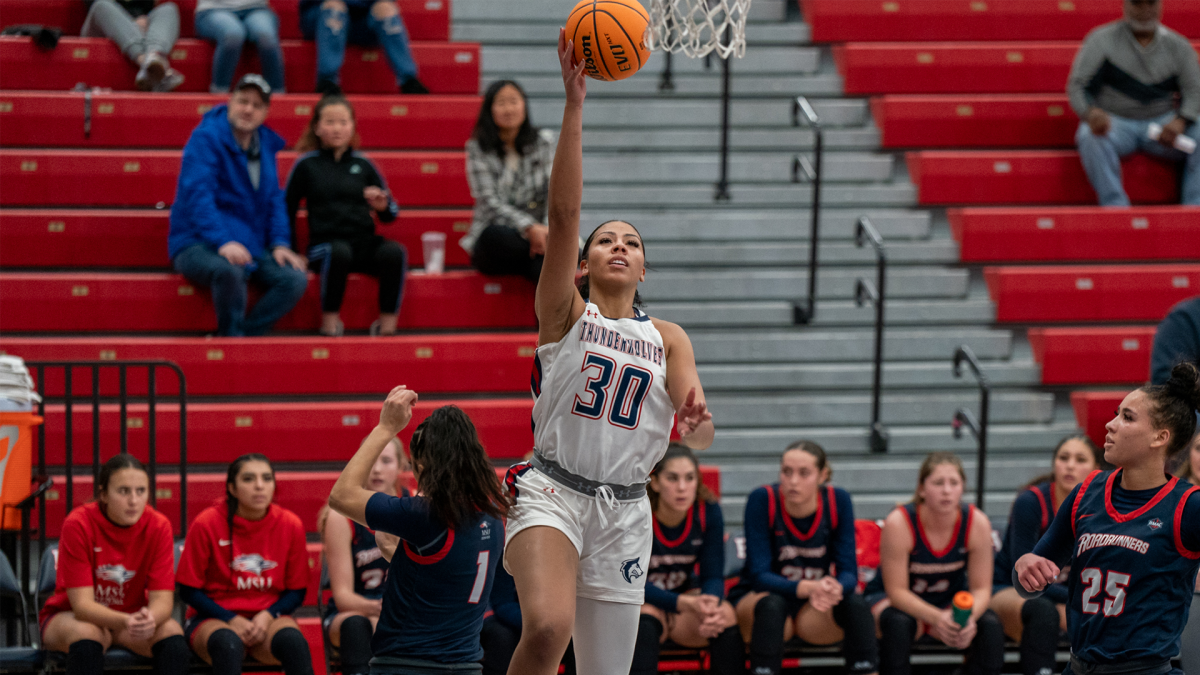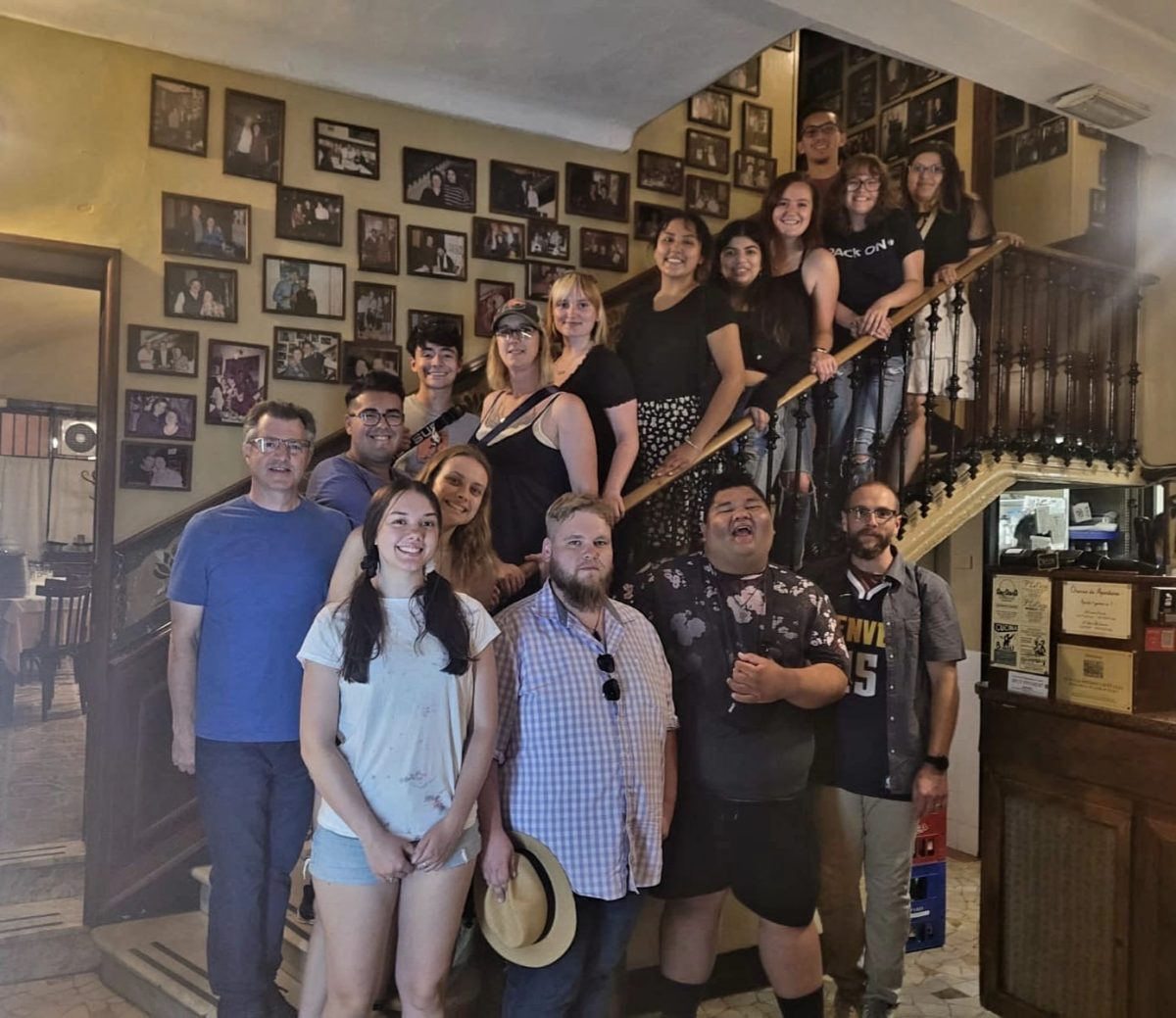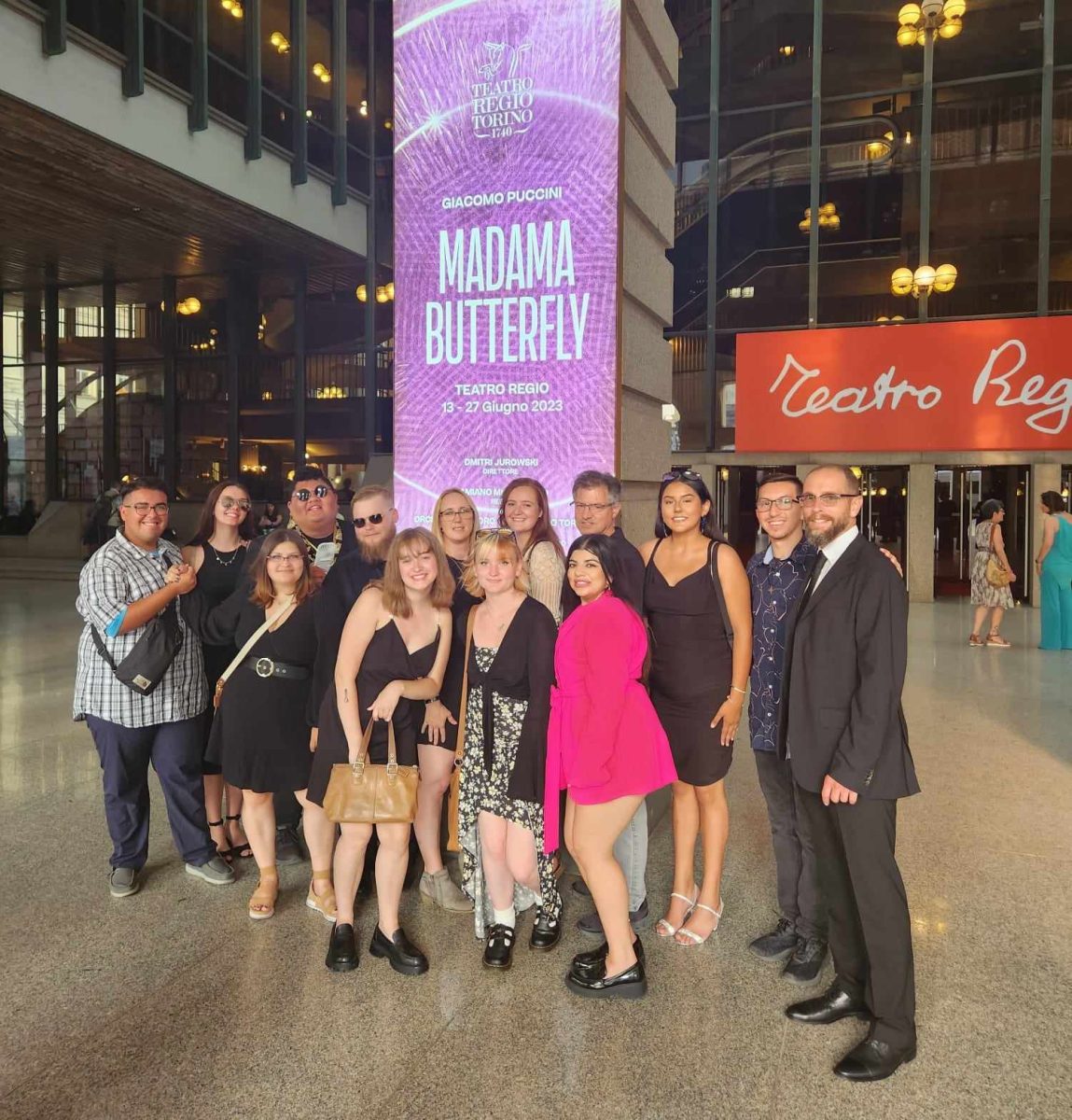by Thomas Thortvedt
The Colorado State University-Pueblo University hosted an event for micro aggression in the psychology building yesterday at noon.
Micro aggression is a statement, action, or incident regarded as an instance of indirect, subtle or unintentional discrimination against members of a marginalized group, program manager for student affairs at CSU-Pueblo, Bonnie Fruland said.
Micro aggression is more than just race said Fruland. “Its gender, criminality, its everything that involves a stereotype towards a person or group.” Fruland said.
This type of aggression includes other types of implicit insults, such as dominant, individual, subordinate and aversive. Each type of micro aggression is a type of insult imposed on from one person to another.
Director of Diversity and Inclusion at CSU-Pueblo, Jennifer Detuna-Alanis, said that people who’re exposed to a micro aggression are not exactly sensitive and have the ability to speak up for themselves. “I don’t have a direct answer but I can say who you are and the person’s core values play a role.” Alanis said.
The people who attended the event were able to look at past case studies at different universities and had to point out the micro aggression that was being used.
A video was also shown in the presentation called “Micro Aggression in Everyday Life.” Professor at Columbia University, Derald Wing Mue, spoke about micro aggressions and how they can be nonverbal as well on Sep 8. 2010.
Mue also said that humans should experience experiential reality because it is important in interacting with people who differ from someone in race, culture and ethnicity.
The presentation concluded after Alanis and Fruland asked the audience to see if anyone has experienced a micro aggression and also asked how they reacted to it. Both Alanis and Fruland participated in recalling a time they experienced a micro aggression in their past.
Fruland, who is bisexual, remembered a time where she felt out of place in a room full of straight people and said the micro aggression she felt was nonverbal.
Alanis, who is both Italian and Mexican, recalled a time where a man commented on how good her English was. Alanis said that it what a verbal micro aggression to her because she has always been in the United States and knew English her whole life.
Fruland, before letting the attendees go, said that micro aggressions aren’t a bad thing. “Don’t dismiss the experience of micro aggression as an isolated incident,“ Fruland said.




